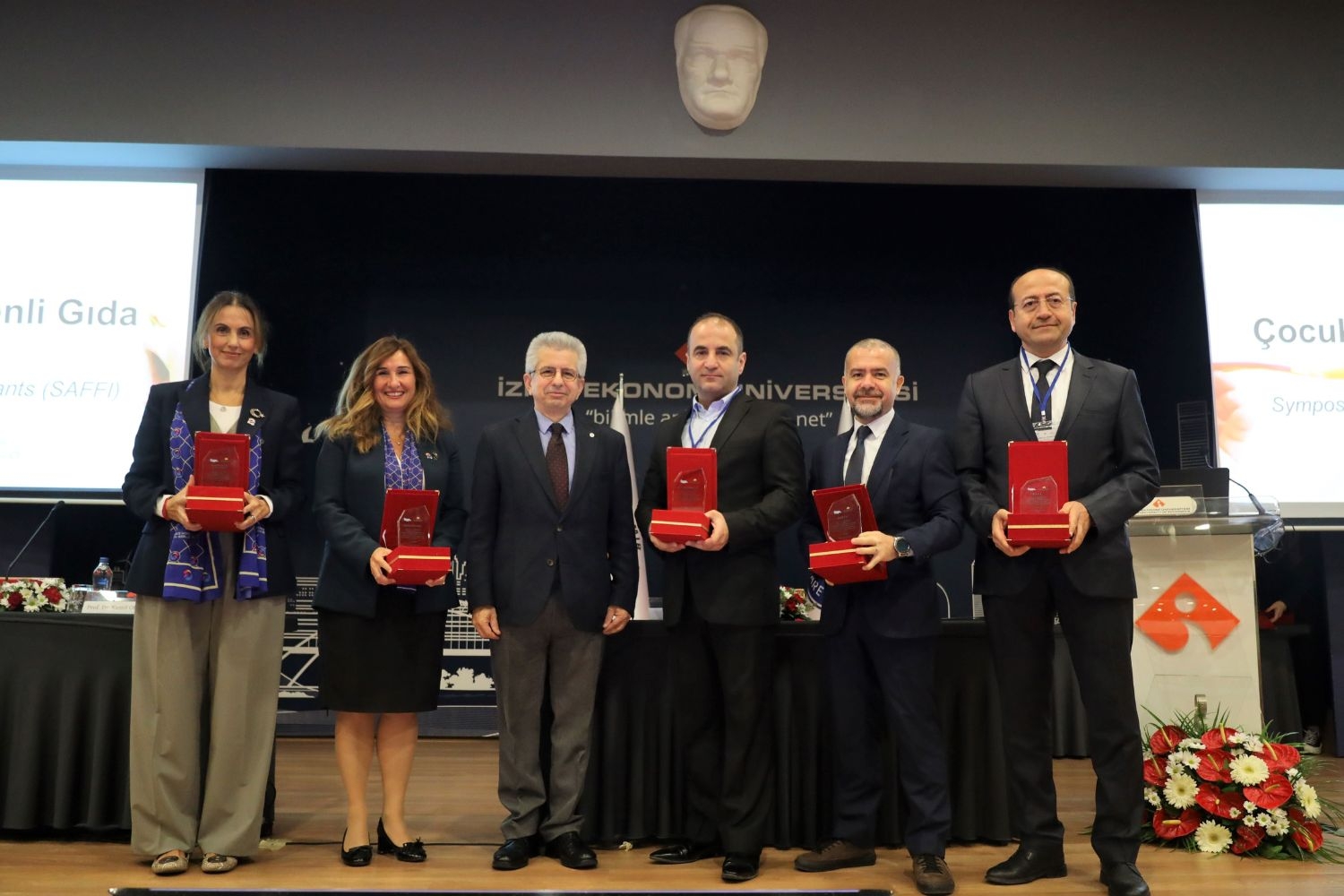
...

...
VOCATIONAL SCHOOL OF HEALTH SERVICES
Department of Child Development| Course Name |
Child and Game
|
|
Code
|
Semester
|
Theory
(hour/week) |
Application/Lab
(hour/week) |
Local Credits
|
ECTS
|
|
CG 108
|
Spring
|
2
|
0
|
2
|
3
|
| Prerequisites |
None
|
|||||
| Course Language |
Turkish
|
|||||
| Course Type |
Required
|
|||||
| Course Level |
Short Cycle
|
|||||
| Mode of Delivery | face to face | |||||
| Teaching Methods and Techniques of the Course | Lecture / Presentation | |||||
| National Occupation Classification | - | |||||
| Course Coordinator | ||||||
| Course Lecturer(s) | ||||||
| Assistant(s) | - | |||||
| Course Objectives | This course aims to aquire students skills of appllying game activity in education. |
| Learning Outcomes |
The students who succeeded in this course;
|
| Course Description | This course covers the importance of the game for the child, the development of the game repertoire, game collection, game activities and applications, features and applications of the games in special education. |
| Related Sustainable Development Goals |
|
|
Core Courses |
X
|
| Major Area Courses | ||
| Supportive Courses | ||
| Media and Management Skills Courses | ||
| Transferable Skill Courses |
| Week | Subjects | Related Preparation |
| 1 | Course Introduction | Yrd.Doç.Dr. Bilal Çoban, Öğr. Gör. Eyüp Nacar. Okul Öncesi Eğitimde Eğitsel Oyunlar S. 7-52 |
| 2 | Early childhood development and game, features of game | Yrd.Doç.Dr. Bilal Çoban, Öğr. Gör. Eyüp Nacar. Okul Öncesi Eğitimde Eğitsel Oyunlar S. 7-52 |
| 3 | The impact of the game on development areas | Yrd.Doç.Dr. Bilal Çoban, Öğr. Gör. Eyüp Nacar. Okul Öncesi Eğitimde Eğitsel Oyunlar S. 7-52 |
| 4 | Play as a teaching method | Yrd.Doç.Dr. Bilal Çoban, Öğr. Gör. Eyüp Nacar. Okul Öncesi Eğitimde Eğitsel Oyunlar S. 61-68 |
| 5 | Theories of game | Yrd.Doç.Dr. Bilal Çoban, Öğr. Gör. Eyüp Nacar. Okul Öncesi Eğitimde Eğitsel Oyunlar S. 61-68 |
| 6 | Game types | Yrd.Doç.Dr. Bilal Çoban, Öğr. Gör. Eyüp Nacar. Okul Öncesi Eğitimde Eğitsel Oyunlar S. 65-68 |
| 7 | Features of game tools | Prof.Dr. Müzeyyen Sevinç, Erken çocukluk gelişimi ve eğitiminde Oyun. S.161-167 |
| 8 | Midterm Exam | |
| 9 | Planning and implementing game hours in pre-school institutions | Prof.Dr. Müzeyyen Sevinç, Erken çocukluk gelişimi ve eğitiminde Oyun. S.187 |
| 10 | Concept education with games | Doç.Dr. Günseli Yıldırım, Prof Dr. Ayşe Işık Gürşimşek. Oyunlarla Kavram Eğitimi S. 1-35 |
| 11 | Digital Games | Prof.Dr. Müzeyyen Sevinç, Erken çocukluk gelişimi ve eğitiminde Oyun. S.235-238 |
| 12 | Traditional Children's Games | Yrd.Doç.Dr. Bilal Çoban, Öğr. Gör. Eyüp Nacar. Okul Öncesi Eğitimde Eğitsel Oyunlar S. 58-215 |
| 13 | Various game activities | Yrd.Doç.Dr. Bilal Çoban, Öğr. Gör. Eyüp Nacar. Okul Öncesi Eğitimde Eğitsel Oyunlar S. 58-215 |
| 14 | Children with Special Needs and Play | Prof.Dr. Müzeyyen Sevinç, Erken çocukluk gelişimi ve eğitiminde Oyun. S.230-235 |
| 15 | Course review | |
| 16 | Final Exam |
| Course Notes/Textbooks |
|
| Suggested Readings/Materials |
|
| Semester Activities | Number | Weigthing |
| Participation |
1
|
10
|
| Laboratory / Application | ||
| Field Work | ||
| Quizzes / Studio Critiques | ||
| Portfolio | ||
| Homework / Assignments |
1
|
20
|
| Presentation / Jury | ||
| Project | ||
| Seminar / Workshop | ||
| Oral Exams | ||
| Midterm |
1
|
30
|
| Final Exam |
1
|
40
|
| Total |
| Weighting of Semester Activities on the Final Grade |
3
|
60
|
| Weighting of End-of-Semester Activities on the Final Grade |
1
|
40
|
| Total |
| Semester Activities | Number | Duration (Hours) | Workload |
|---|---|---|---|
| Theoretical Course Hours (Including exam week: 16 x total hours) |
16
|
2
|
32
|
| Laboratory / Application Hours (Including exam week: '.16.' x total hours) |
16
|
0
|
|
| Study Hours Out of Class |
14
|
1
|
14
|
| Field Work |
0
|
||
| Quizzes / Studio Critiques |
0
|
||
| Portfolio |
0
|
||
| Homework / Assignments |
2
|
12
|
24
|
| Presentation / Jury |
0
|
||
| Project |
0
|
||
| Seminar / Workshop |
0
|
||
| Oral Exam |
0
|
||
| Midterms |
1
|
10
|
10
|
| Final Exam |
1
|
10
|
10
|
| Total |
90
|
|
#
|
Program Competencies/Outcomes |
* Contribution Level
|
|||||
|
1
|
2
|
3
|
4
|
5
|
|||
| 1 |
To have the required contemporary theoretical and practical knowledge in his/her field |
-
|
X
|
-
|
-
|
-
|
|
| 2 |
To use the material and technology related to his/her field, and make their maintenance, use the information and communication technologies at basic level |
-
|
X
|
-
|
-
|
-
|
|
| 3 |
To have the competency to recognize the problems in his/her field, analyze them, develop evidence-based solutions and have the ability to share their suggestions with others |
-
|
-
|
-
|
-
|
-
|
|
| 4 |
To be aware of legal responsibilities, conduct basic studies in her/his field independently |
-
|
-
|
-
|
-
|
-
|
|
| 5 |
To communicate with patients, relatives and colleagues properly, comprehensively, honestly and explicitly, transfer his/her thoughts and knowledge through written and oral communication |
X
|
-
|
-
|
-
|
-
|
|
| 6 |
To take responsibility as an active team member during the practices in his/her field |
-
|
-
|
-
|
-
|
-
|
|
| 7 |
To commentate and evaluate the scientific information with a critical approach by the help of knowledge gained in his/her field |
-
|
-
|
-
|
-
|
-
|
|
| 8 |
To comprehend the importance of lifelong learning, to determine and meet her/his learning needs, to develop herself/himself by monitoring the development in science and technology |
-
|
-
|
-
|
-
|
-
|
|
| 9 |
To act by considering the universal ethical values, social and cultural characteristics |
-
|
-
|
-
|
-
|
-
|
|
| 10 |
To know the concepts of occupational safety, patient safety, environmental protection and quality, and fulfill the requirements |
X
|
-
|
-
|
-
|
-
|
|
| 11 |
To be able to follow information in his field and communicate with colleagues in English at least a level of European Language Portfolio A2 General Level |
-
|
-
|
-
|
-
|
-
|
|
| 12 |
To have the skills of improving the development and learning of children with special needs |
X
|
-
|
-
|
-
|
-
|
|
| 13 |
To plan and carry out activities for development of people under their responsibility |
-
|
-
|
-
|
-
|
-
|
|
*1 Lowest, 2 Low, 3 Average, 4 High, 5 Highest

...

...

As Izmir University of Economics transforms into a world-class university, it also raises successful young people with global competence.
More..Izmir University of Economics produces qualified knowledge and competent technologies.
More..Izmir University of Economics sees producing social benefit as its reason for existence.
More..